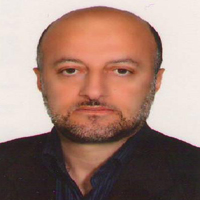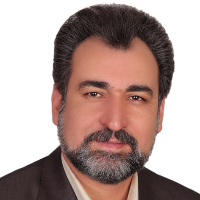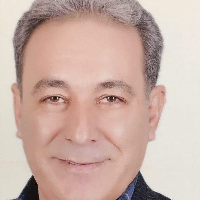Relationship Between Intensity of Anger and its Expression in Competitive Athletes: Mediating Role of Emotion Dysregulation
Awareness of the relationship between anger and aggression in the sports performance of athletes can be useful in sports psychology to identify the sports population angrier, unable to control their anger, and in need of anger management interventions. The aim of this study was to investigate the mediating role of emotion regulation in the relationship between anger intensity and self-expression in competitive athletes.
The present correlational study was carried out based on structural relationships using the partial least squares structural equation modeling (PLS-SEM). The statistical population of this study consisted of all competitive athletes (i.e., all the athletes participating in any level of competitive sports, either individual or collective) in Ardebil, Iran, in 2019. Out of all the participants, 312 athletes were selected through cluster sampling and included in the study. The Clinical Anger Scale, internal and external anger subscales of the Multidimensional Anger Inventory, and Emotion Dysregulation Scale were used to collect data. The data were analyzed by SPSS software (version 22) and PLS-SEM. Coefficients between paths, standard error, and t-statistic were utilized to investigate the direct and indirect effects.
The obtained results showed that emotion dysregulation mediated between the intensity of anger and its externalizing expression or aggression (i.e., behavioral avoidance) and between the intensity of anger and rumination/suppression of anger (i.e., cognitive avoidance).
Based on the obtained findings, it can be said that athletes who are not able to regulate their emotions in competitive situations are more likely to outwardly express their experienced anger.
-
Predicting self-acceptance after cosmetic surgery based on personality traits and emotional schemas
Behnaz Amiri, Nader Monirpour*,
Rooyesh-e-Ravanshenasi, -
The study of the embodied nature of depersonalization-derealization disorder: a review study
Bahman Matinpoor, *, Chesli, Abbas Bakhshipour Roodsari, Hojjatollah Farahani
Rooyesh-e-Ravanshenasi, -
Metacognitive Therapy Versus Cognitive Behavioral Therapy for OCD: A Randomized Controlled Trial
Sepideh Rajezi, Peyman Ansari, , Ladan Fata, Hamidreza Hassanabadi, Sima Sadat Noorbakhsh, Jennifer Jordan, Alireza Zahiroddin, Jamal Shams, Masoud Janbozorgi, Yazdan Naderi Rajeh, Hamed Ahmadi *
International Journal of High Risk Behaviors and Addiction, Jun 2024 -
Comparison of anxiety, feelings of loneliness and quality of life of single women with and withoutfoster child
Parinaz Babakhani, Naser Sobhi Gharamaleki *
Journal of Family and Health, -
Psychometric Properties of the Sexual Problems Self-Assessment Questionnaire
Mahdie Ghafari Movahed, Chesli *
Biannual Peer Review Journal of Clinical Psychology & Personality,





